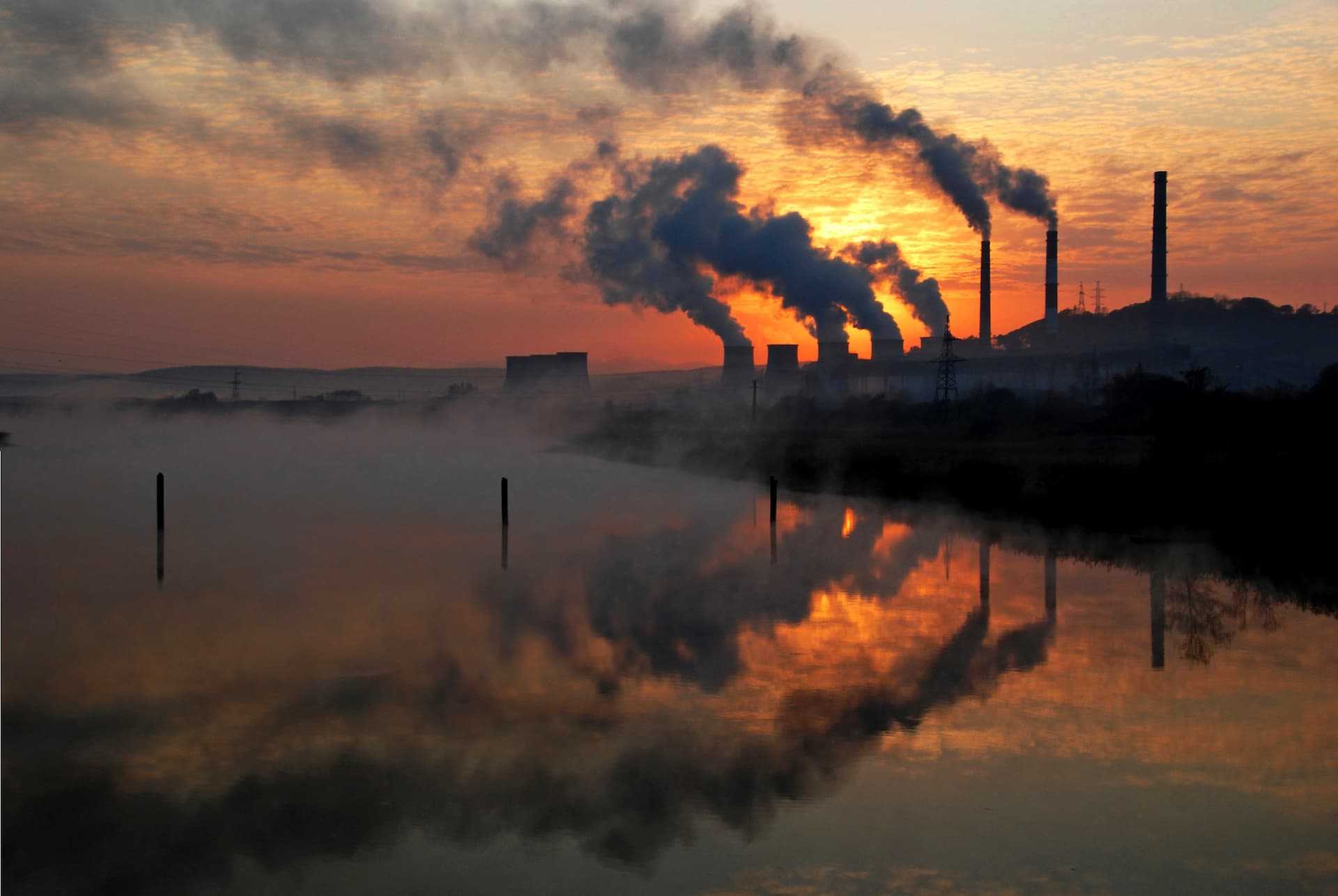Europe Introduces Plan to Cut Greenhouse Gas Emissions in Half by 2030

The European Commission has introduced the Fit-for-55 package, which includes 13 legislative proposals aimed at reducing carbon emissions by 55% compared to 1990 levels by 2030, in order to achieve climate neutrality by 2050. The package includes expanding emissions trading, increasing renewable energy use, new taxation policies, and a Social Climate Fund to help Europeans upgrade their homes for energy efficiency.
The European Commission has introduced its Fit-for-55 package, 13 proposals for legislative actions and tools to reduce carbon emissions within the 27 member states.
By 2030, Brussels hopes to reduce European Union greenhouse gas emissions by 55 percent compared to the record-high levels recorded in 1990.
We are going to ask a lot of our citizens. We are also going to ask a lot of our industries, but we do it for a good cause. We do it to give humanity a fighting chance.
According to the European Commission, achieving the goal of the new carbon emissions package is crucial to deliver the European Green Deal and for the continent to become climate-neutral by 2050.
A new set of rules and a review of existing regulations will “enable the necessary acceleration of greenhouse gas emission reductions in the next decade,” the commission wrote. The commission’s proposals will now be discussed by the E.U. member states and will come into force after it is approved by the European Parliament.
See Also:One-Fifth of Italy At Risk of Desertification, Irrigation Experts WarnThe Fit-for-55 package includes expanding emissions trading to new sectors, increasing the use of renewable energy to 40 percent by 2030, pushing for more energy efficiency and a faster roll-out of low emission transport infrastructure.
It also includes new taxation policies that will encourage the transition of the power generation industry and heavy industries toward cleaner energies, new measures to prevent carbon leakage, and tools to preserve and grow natural carbon sinks.
Along with the Fit-for-55 package, Brussels also plans to earmark €144 billion from the 2025 to 2032 budget for a Social Climate Fund, which will help Europeans upgrade their homes to make them more energy-efficient.
Frans Timmermans, the vice-president of the commission in charge of the Green Deal, introduced the new package as the most ambitious ever.
“We are going to ask a lot of our citizens,” he said. “We are also going to ask a lot of our industries, but we do it for a good cause. We do it to give humanity a fighting chance.”
Along with lowering its own emissions, which according to some estimates, account for 6.4 percent of total global emissions, the commission hopes that its new commitment will affect the plans of the other major global polluters.
“Europe is the first continent to declare that it will be climate neutral in 2050, and now we are the very first ones to put a concrete road map on the table,” said Ursula von der Leyen, the commission’s president.
Given the objections raised both by major industry associations and by environmentalists in recent weeks about the incoming proposal, many observers believe that several months of tough negotiations can be expected.
“Focusing only on reducing the emissions might be misleading because to counter climate change, there are several actions that could be put in place – for instance, on water waste, land consumption, acidification and so on,” Andrea Muratore, InsideOver magazine’s geopolitical analyst, told Olive Oil Times
“Still, the commission might have found a way to put its political cap on the central role the European Union has assumed in the fight against climate change as the United States lags behind while China and India are increasing their emissions,” Muratore added.
According to Timmermans, the legislation will help create a new economy, the impact of which is hard to foresee. He argued that the quick decline of renewable energy prices is expected to fuel this new green economy, which will require new skills and will be the driver of growth and trade.
See Also:EPA Plans to Tackle Food Waste in Effort to Reduce Carbon Emissions“The other message that comes from the commission proposal is that investing in alternative energy and in the activities needed to fight climate change mean creating a whole new sector, a new market, with new skills and new opportunities,” Muratore added. “As some member states are well ahead on this, the new proposal might finally bring a new coordinated effort to the E.U.”
Farmers will play a pivotal role in the new scenario, according to Timmermans.
“I think we need to use the reformed agricultural policy to put our farmers in a position to be part of that,” he said.
Timmermans added that the new Common Agricultural Policy helps achieve this goal by incentivizing sustainability and traditional production practices.
Key to the new package is the review of the existing E.U. Emissions Trading System (ETS), which caps the amount of carbon emissions that may be produced and makes industries pay for those emissions.
According to the commission, the ETS has contributed to a 43 percent reduction in emissions from power generation and energy-intensive industries in the last 16 years. The new ETS will reduce the carbon cap even more and accelerate its yearly reduction.
However, this plan has been widely criticized by several central European countries, whose heavy industries rely on fossil fuels. To help them transition to a new energy frame, the Fit-for-55 package provides options for refinancing and carbon credits.
A separate ETS will also be introduced to cover emissions from transport and buildings. This is expected to have a significant impact on the aviation industry and shipping, which will be included in the scheme for the first time.
The commission has also asked that new cars produced in the E.U. are emission-free from 2035 onward, which has so far been opposed by the continent’s car manufacturers. The Fit-for-55 package envisions a massive transformation in private transport that will require the installation of charging and fueling points throughout the continent for electric vehicles.
The revenues coming to member states from emissions trading will have to be entirely spent on climate-friendly and energy-related projects, with a focus on new transportation, vulnerable people and small businesses.
In order to prevent European businesses from moving emission-creating activities out of Europe, the commission said it will “put a carbon price on imports of a targeted selection of products to ensure that ambitious climate action in Europe does not lead to carbon leakage.”
“[This] will ensure that European emission reductions contribute to a global emissions decline, instead of pushing carbon-intensive production outside Europe,” the commission added. “It also aims to encourage industry outside the EU and our international partners to take steps in the same direction.”
According to Muratore, the commission’s plan “is pragmatic because the carbon tariff is set to be applied from 2030 onward. That means that the whole production chain has the time to adapt.”









